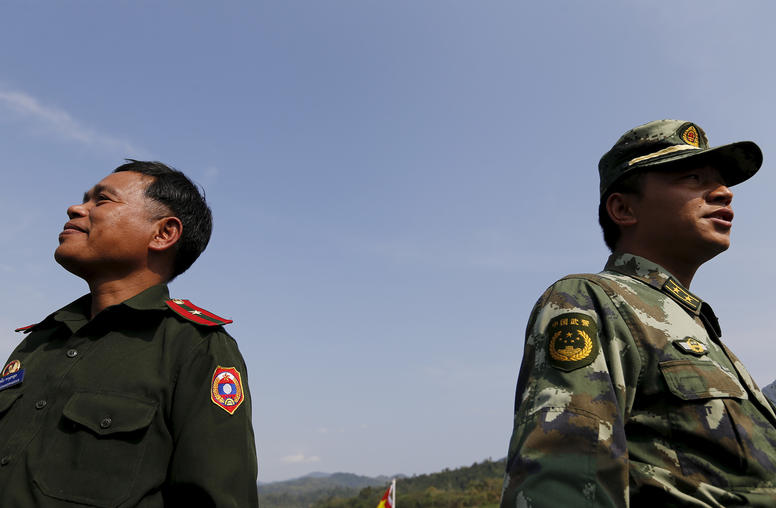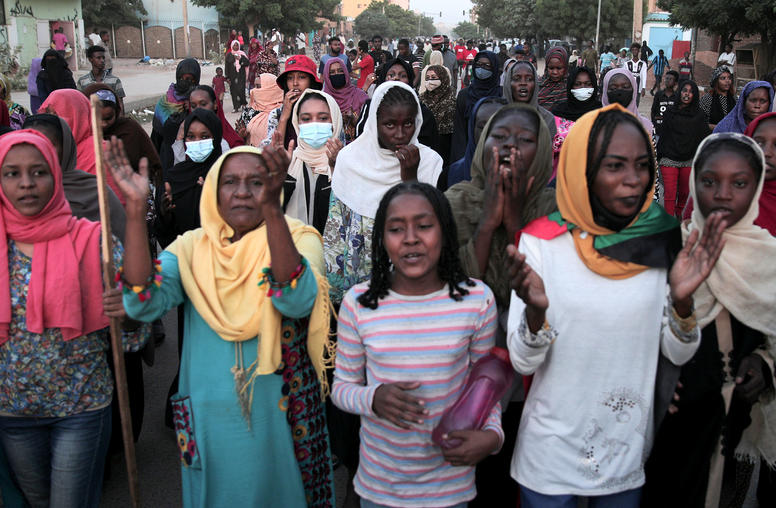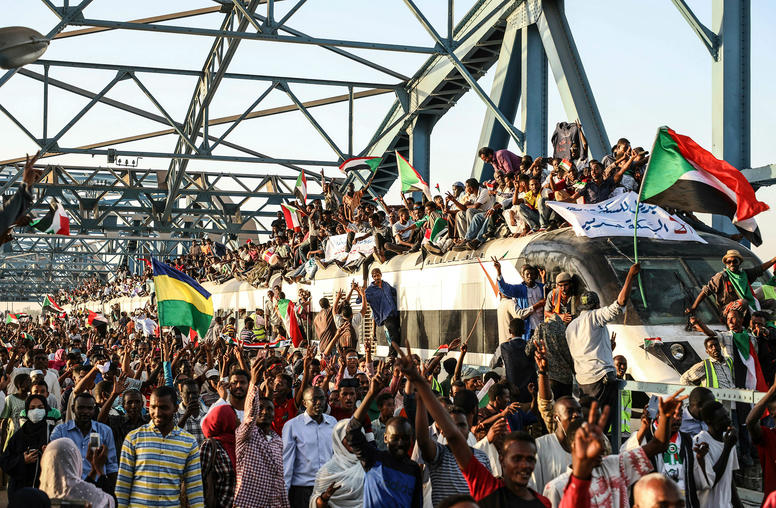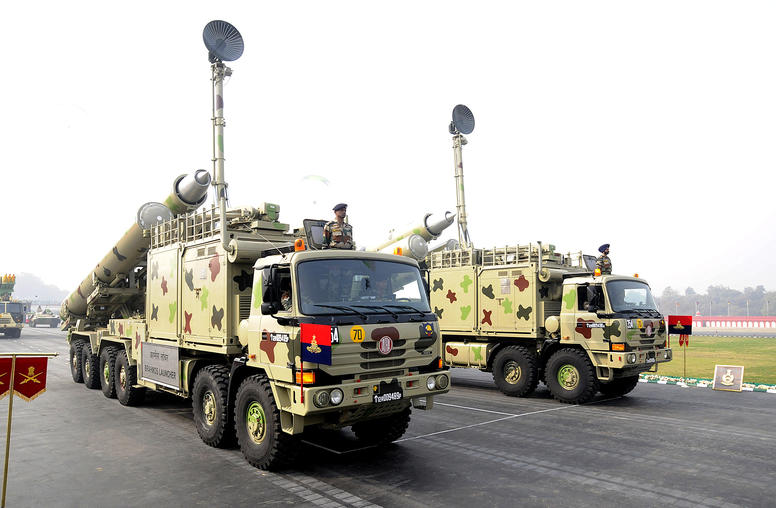Publications
Articles, publications, books, tools and multimedia features from the U.S. Institute of Peace provide the latest news, analysis, research findings, practitioner guides and reports, all related to the conflict zones and issues that are at the center of the Institute’s work to prevent and reduce violent conflict.

William Taylor on the Russia-Ukraine Crisis
As Russia continues its military build-up along the Ukrainian border, USIP’s Ambassador William Taylor says diplomatic talks are the best path toward a peaceful resolution — but that we still don’t fully understand Putin’s intentions: “Is he bluffing? Is he trying to intimidate … or is he serious about invading?"

China’s Security Force Posture in Thailand, Laos, and Cambodia
China’s geo-economic influence is empowering the expansion of its security force posture in the Lower Mekong region, which should be of concern to both maritime Southeast Asia and the United States. While Thailand, Laos, and Cambodia—the geographic core of mainland Southeast Asia—are demonstrating resilience and sustaining some strategic autonomy, several trends indicate that their options may be increasingly limited. This report looks at China’s security force posture in these nations, the possible ramifications of that posture, and considerations for balancing U.S. policy and outreach.

Elie Abouaoun on Libya’s Elections
With the vote likely to be postponed, USIP’s Elie Abouaoun says frustrations are high over Libya’s political and economic stagnation as the international community tries to “generate a new political agreement … just to make sure the elections can happen without a major outbreak of violence.”

Brian Harding on Secretary Blinken’s Trip to Southeast Asia
While China’s influence in Southeast Asia is inevitable, the region welcomed Secretary Blinken’s recent trip as a counterweight to Beijing, says USIP’s Brian Harding: “[The region] wants balance, which means they want the United States to be as engaged as possible.”

Tamanna Salikuddin on the Fall of Pakistan’s Imran Khan
Over the weekend, Imran Khan became the first Pakistani prime minister to be ousted in a no-confidence vote. USIP’s Tamanna Salikuddin says, “There are a lot of reasons why he lost the support of [the] military establishment and also parliament” but that “his downfall really, number one, was the economy.”

Jason Tower on What the Ukraine War Means for Myanmar
As Russia withdraws resources from Myanmar to focus on Ukraine, China has filled the void by publicly supporting the junta. Meanwhile, the situation inside Myanmar continues to deteriorate, with “the military only able to hang on [to power] by using violence of tragic proportions,” says USIP’s Jason Tower.

Darfur after Bashir: Implications for Sudan’s Transition and for the Region
This report examines the role of Darfur in Sudan’s domestic politics and international relations since the overthrow of Omar al-Bashir in 2019. It traces how Darfur’s importance has shifted with the growing aspirations and power of Mohamed Hamdan Daglo – more commonly known as Hemetti – and the Rapid Support Forces that he governs. It concludes by examining where Western actors may have leverage to push for both peace in Darfur and civilian rule.

Sowing the Seeds of Nonviolent Action in Sudan
From 2013 to 2018, Sudanese civil society actors carved out a variety of civic spaces that laid the foundation for Sudan’s 2018–2019 December Revolution. This report assesses the factors that gave rise to this remarkable mobilization—in particular how civil society development ultimately enabled the Sudanese opposition to sustain a decentralized, nationwide, and robust nonviolent campaign characterized by widespread mass participation, unity of leadership and purpose, and a commitment to nonviolent discipline—and what it will take to keep the country’s democratic transition on track.

Lauren Baillie on Accountability for Atrocities in Ukraine
Amid ongoing revelations of atrocities committed against Ukrainians at the hands of Russian forces, USIP’s Lauren Baillie says efforts to investigate and prosecute these crimes will require creativity and “the ability to think more broadly about how we bring perpetrators to justice and recognize the unique needs of victims.”

Enhancing Strategic Stability in Southern Asia: USIP Senior Study Group Final Report
This report reviews the challenges posed by changing strategic circumstances in Southern Asia, assesses a range of US policy options, and presents a set of priority recommendations for US policymakers.